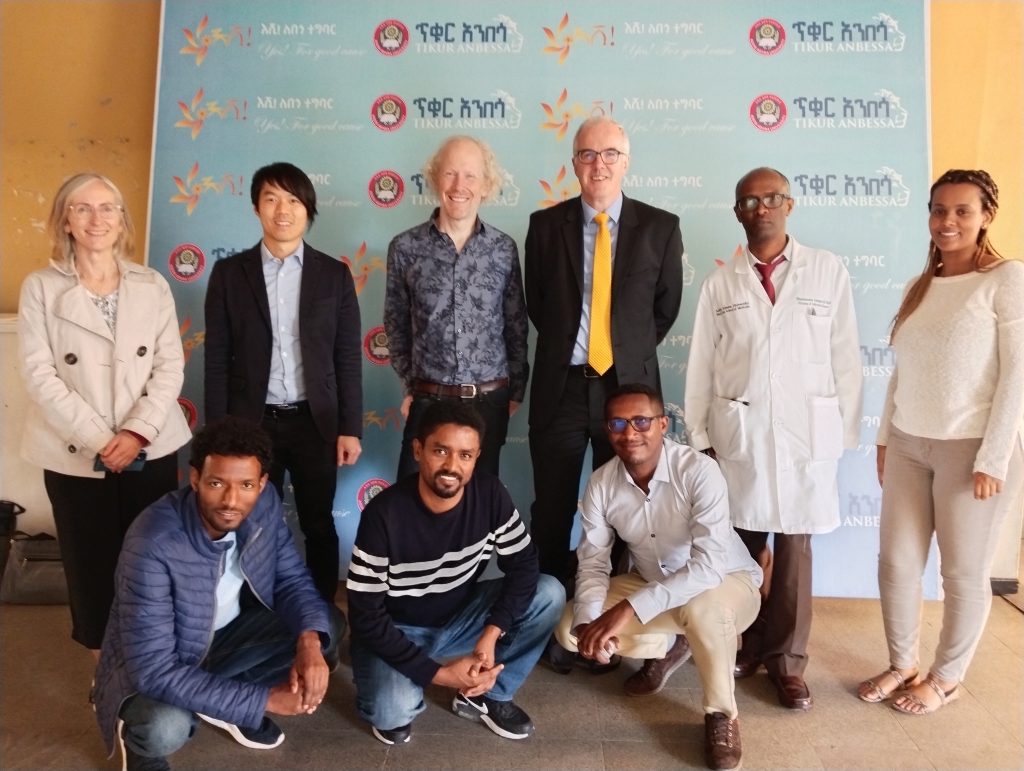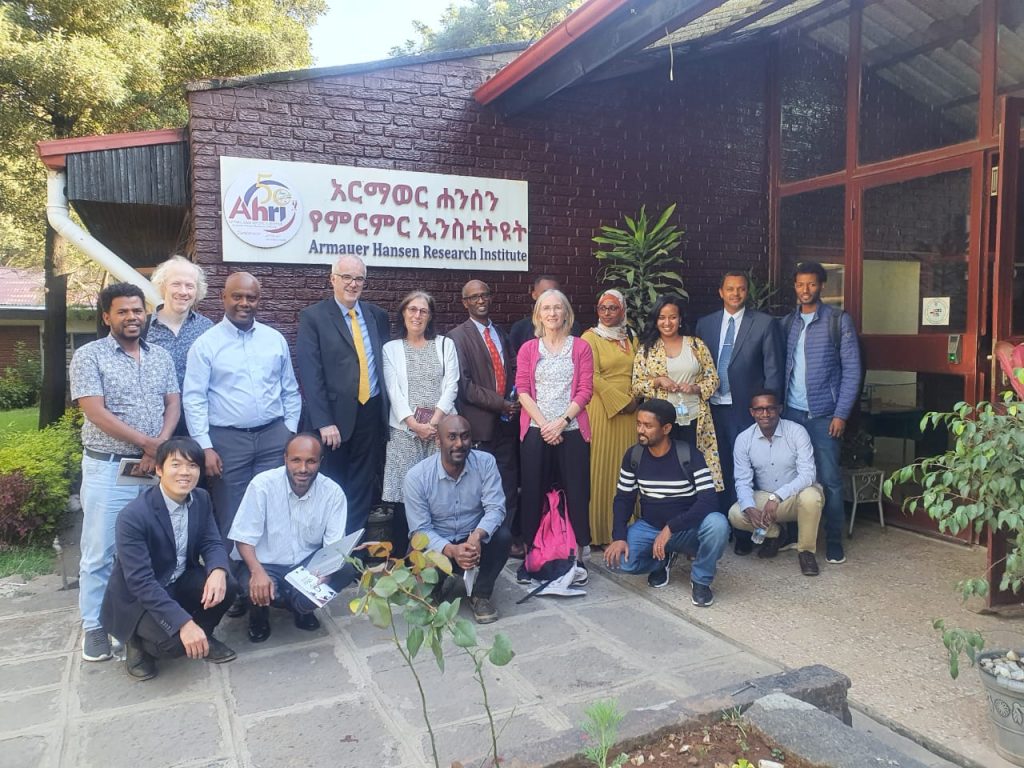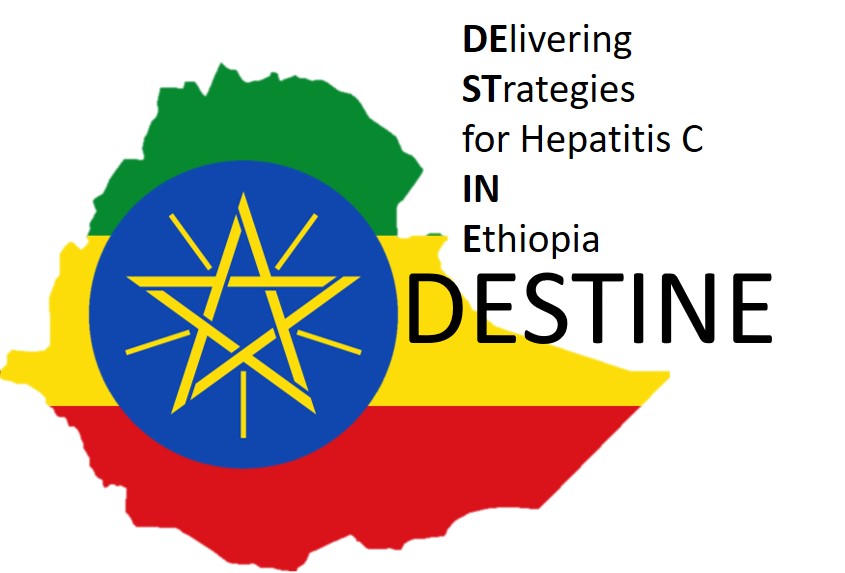About the Destine project






The Project

The DESTINE project brings together partners from 4 Ethiopian universities, 2 Ethiopian government institutes, 1 Israeli university, 2 UK universities and a UK NHS Health Board to investigate the scale of the HCV epidemic in Ethiopia, and to design testing and treatment pathways to tackle the disease.
Our aim is to work out how many people are infected with Hepatitis C in Ethiopia, how the disease spreads through the community, and how it impacts the lives of infected people. The team will investigate the extent of Hepatitis C (HCV) infection in the country using epidemiological and modelling techniques. They will then design care based around treatment pathways created in the UK but moulded to suit the Ethiopian context.
We will use this information to design the best ways to test and treat people for HCV in Ethiopia, providing the Ethiopian government with a plan around which they can build their HCV policy.
Ethiopian stakeholders and community members will be intrinsic to the project, ensuring that any outputs take account of local attitudes to provisions of services, stigma, regional and ethnic issues around services.
The work is funded by the National Institute of Health Research (NIHR UK) and will run from October 2021 for 4 years.
Hepatitis C
Hepatitis C is an infectious liver disease caused by the Hepatitis C virus (HCV). It is mainly spread by blood-to-blood contact, for example through poorly sterilized medical equipment, or sharing unsterilized needles by drug users. A person infected with Hepatitis C may not show any symptoms until their liver has been damaged significantly. When symptoms do occur they may include fever, loss of appetite, tiredness, and jaundice.
Early detection and treatment are critically important for future health. Left untreated, HCV infection can lead to liver cirrhosis, liver cancer, or end-stage liver disease over 20–30 years.
The World Health Organization has set a target for the world to eliminate HCV by 2030. While many more developed countries have put plans in place to reach this target, this has been more difficult in low and middle-income countries. In Ethiopia, it is estimated that 3 million people currently live with Hepatitis C, but exact numbers are unavailable.
